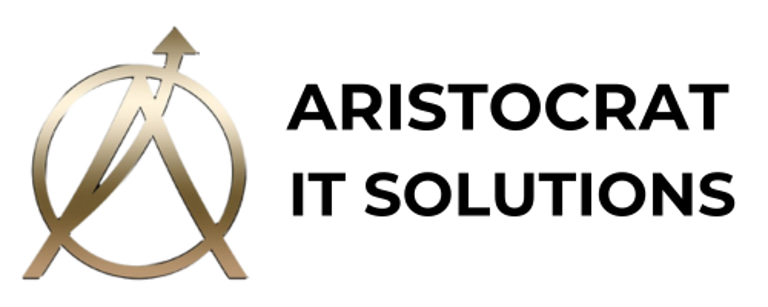Key arguments and content of the book.


Critical Analysis: Critically analyze the book’s strengths and weaknesses.
Conclusion: Conclude with a summary of your evaluation and its implications.
Writing the Introduction
Author and Title: Introduce the author and title of the book.
Context: Provide context for the book’s publication and its significance in the field.
Thesis: State the main thesis or argument of the book.
Summarizing the Content


Main Themes: Summarize the main themes and arguments presented in the book.
Structure: Outline the structure of the book, including key chapters and sections.
Key Points: Highlight key points and findings that are central to the book’s argument.
Providing Critical Analysis


Strengths: Discuss the strengths of the book, including originality, thoroughness, and contribution to the field.
Weaknesses: Identify any weaknesses or limitations, such as gaps in coverage, methodological issues, or biases
Comparative Analysis: Compare the book to other works in the field to contextualize its contribution.
Writing the Conclusion
Summary of Evaluation: Summarize your overall evaluation of the book.
Implications: Discuss the implications of the book’s findings for the field.
Recommendation: Provide a recommendation for potential readers, including who would benefit most from reading the book.


Common Mistakes to Avoid
Excessive Summary: Avoid providing an overly detailed summary at the expense of critical analysis.
Bias: Maintain objectivity and avoid personal bias in your evaluation.
Lack of Specificity: Provide specific examples and evidence to support your analysis.
Reviewing and Revising Your Book Review


Seek Feedback: Seek feedback from colleagues or mentors to refine your review.
Proofread: Carefully proofread the review to eliminate errors and ensure clarity.
Adhere to Guidelines: Ensure the review adheres to the journal’s submission guidelines.
Examples of Effective Book Reviews
Example 1: Analyze an effective book review, highlighting key elements and strategies used.
Example 2: Discuss another example, focusing on how it effectively communicates the book’s significance and contribution.
Final Thoughts: Enhancing Academic Discourse
Role of Book Reviews: Emphasize the role of book reviews in enhancing academic discourse and knowledge.
Continuous Improvement: Encourage continuous improvement and engagement in writing scholarly book reviews.
Call to Action
Need help writing a book review for an academic journal? Our professional services can guide you in crafting a critical and insightful book review that contributes to academic discourse.
Enquire now at [wa.me/+919894595035?text=authorspark](https://wa.me/+919894595035?text=authorspark ) to get expert support.
Visit [www.AristocratResearch.com](https://www.AristocratResearch.com) for more information.
By mastering the best practices for using social media, researchers can effectively promote their work, engage with a broader audience, and enhance the impact of their research.
Address
Aristocrat intelli-Tech (iT),
3rd Floor, Centre for Advanced Studies,
Innovation Council, Sathyabama University,
OMR, Chennai - 600119.

